Posted on 8/25/2022
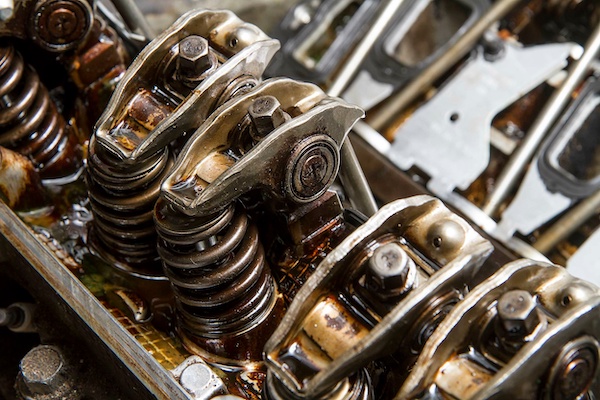
Engine oil is responsible for lubricating your engine and preventing excess friction damage. Some oils have additives that are resistant to high heat and prevent corrosion. After running your car for miles and miles on end, your oil will inevitably get dirty. When left in your engine for too long, the oil forms into oil sludge. When dirt, dust, and other contaminants combine with oxidation in the engine, it forms a thick gel-like consistency. As a result, it can slow down your engine and cause extensive engine damage. You can prevent oil sludge from forming by getting your oil changed on time. When your engine suffers from oil sludge, friction is increased. Since your engine will have to work harder, it will burn more fuel in the process. A drop in fuel efficiency is one of the first signs you experience. When friction is increased, it also puts your engine at risk of overheating. Additionally, the engine components can wear out quicker, lowering your vehicle&rs ... read more
Posted on 7/25/2022
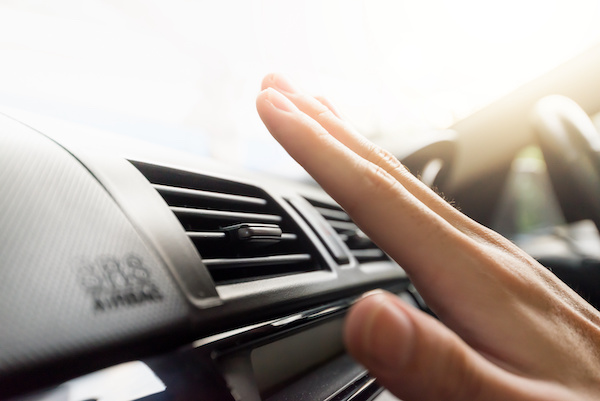
Though bearable in the colder seasons, It's never a pleasant ordeal having a car AC that blows hot air during the heat. So, if you've ever wondered what could be causing your car AC to blow hot air, read on! There are four main reasons why your car AC could be blowing hot air, these include: A Malfunctioning condenser A non-functioning compressor Leaking refrigerant A malfunctioning electrical system Malfunctioning condenser The AC condenser is responsible for cooling down the AC refrigerant. This ensures that the refrigerant is able to absorb the heat as well the humidity that is pulled by the AC. If the condenser fails to fulfill its purpose, the AC fails to function properly, thus blowing out hot air. Non-functioning compressor The compressor is the main part of the AC and its purpose is to circulate the refrigerant through the entire AC system. If the compressor fails to do this as intended, the antifreeze fails to reach the condenser and thus it remains hot. You te ... read more
Posted on 6/24/2022
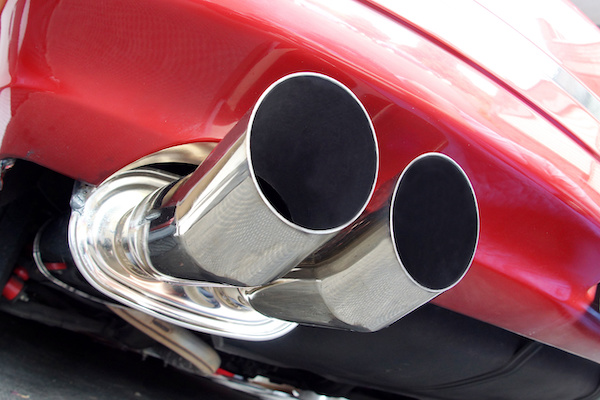
When your vehicle goes through the combustion process, it emits a considerable amount of harmful emissions. These include gasses such as carbon dioxide, carbon monoxide, hydrocarbons, etc. They don’t just sit in the combustion chamber, but instead, they get moved throughout the exhaust system and make their way out the tailpipe and muffler. How It Works The muffler contains a series of channels, tubes, and punctures that can direct the transformed gasses out while reducing the exhaust system’s excess noise. Most of them serve to reduce the loud engine sounds, so driving can be a more quiet experience. Other mufflers can also improve vehicle performance. When a muffler can get rid of exhaust fumes quicker and more efficiently, the engine can generate more power faster. Without your exhaust system, all vehicles would emit an abundance of toxic gasses. Common Muffler Problems The muffler is a metal part of your car that is exposed to high temperatures ... read more
Posted on 5/5/2022
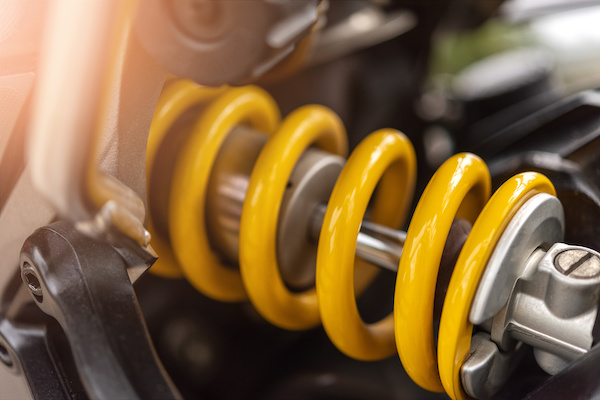
The vehicle's suspension system is necessary if you want a smooth, comfortable, and safe ride. The shock absorbers help to (surprise, surprise) absorb shock when you drive over bumpy ground. Vehicle shocks may be hidden, small, and discrete, but they have a huge impact on your ride. Since shocks are constantly being used and undergo a lot of stress, they wear down and need to be replaced over time. Your manufacturer may have a recommended interval for this service, but how long they last can also depend on a number of various factors including, the make and model of your vehicle, the car's age, and how a driver handles the vehicle on an everyday basis. So, you may be wondering “how long do they last”. On average, shock absorbers can last anywhere between 50,000 - 80,000 miles. Your car’s owner's manual can be a great reference for understanding when your shocks may need to be replaced. Additionally, you may notice some warning symptoms th ... read more
Posted on 4/14/2022
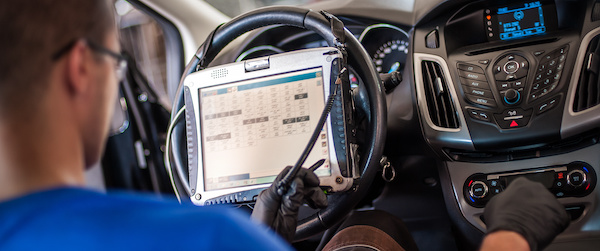
An engine diagnostic is a very important auto service that doesn't get talked about enough. When you bring your vehicle to a shop for diagnostics, the goal is to simply figure out what is wrong with your engine (or related component). To do so, a professional technician will connect your car to a scanning device. The data collected will help us determine where the problem is coming from to figure out what kind of repairs you'll likely need. When Should You Get Diagnostics? Check Engine Light Comes On - Many cars have different dashboard warning lights, but people tend to put this one off. When this yellow light comes on, it's crucial that you respond to this light to prevent the damage from spreading. Diagnostics will help uncover the meaning behind the light. Weird Engine Sounds - Engine sounds such as knocking, clunking, or even popping surely indicates your motor is in distress. If you notice an odd engine, it ... read more